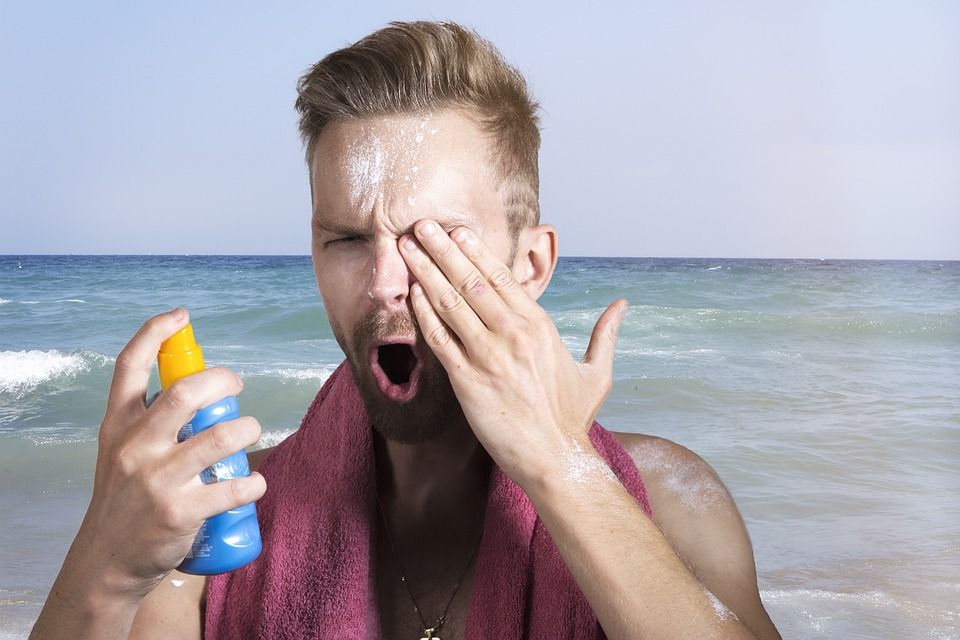Many dermatologists agree that sunscreen is single-handedly the most crucial step in any skincare routine. It’s most significantly used to protect us from skin cancer. However, according to a report released by an independent lab, harmful levels of benzene, a known carcinogen, have been found in several sun-care products.
Out of 294 batches of sunscreen and after sun-products analysed, over 78 contained benzene. 14 of them had crossed the FDA’s limit of 2 parts per million (ppm).
Also read: Try these mud clay face packs for flawless skin
Here is why this should be concerning you:
Joshua Zeichner, director of cosmetic and clinical research in dermatology at Mount Sinai Hospital in New York City, explains that benzene is an organic compound known to be a carcinogen. In other words, it is associated with the development of cancer.
Long-term exposure to the compound primarily impacts the blood, the CDC notes, potentially leading to leukaemia and other blood disorders.
Also read: The do’s and don’ts of using hair serum
FDA classifies benzene as a Class 1 solvent and advises against its use in the manufacturing of drugs and drug products unless absolutely necessary. During the pandemic, FDA temporarily established a 2 ppm limit on hand sanitisers.
Also read: Here’s how you can use aloe vera to get rid of acne
According to Dr Zeichner, since tests for the detection of benzene are not commonly performed on sunscreens, manufacturers themselves are not sure how much benzene is unsafe to apply to our skin.
Contrary to what the lab reported, Johnson & Johnson (the maker of Neutrogena sunscreen), Sun Bum, and CVS deny the use of this compound.







